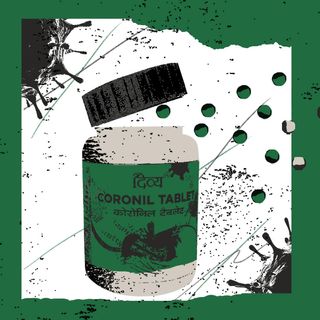When you have lost the motivation, and the ability to experience pleasure, it is difficult to desire things, to be motivated to get out of bed to experience a new day, to deal with fresh prospects, to eat your favorite food, to go on a date, to even “find meaning in everyday life” — why does this happen?
The term ‘anhedonia‘ is derived from Greek: ‘an‘ means ‘without,’ and ‘hēdonē‘ means ‘pleasure.’ Previously characterized solely by the inability to experience pleasure or joy, the understanding of anhedonia has now been expanded to include reduced motivation; reduced anticipatory pleasure, i.e., not desiring, or wanting, anything; and reduced consummatory pleasure, i.e., not deriving pleasure from, or enjoying, something. It manifests as a symptom of mental health disorders, primarily depression.
Experts also believe that anhedonia isn’t necessarily a ‘black and white’ issue. While an individual can indeed be on the extreme end of the spectrum, where they cannot experience pleasure at all, it can also manifest as a dulled, or lower sense of pleasure than before. “…It’s possible to still like eating chocolate ice cream or listening to jazz; you just don’t like those things nearly as much as you used to for reasons you can’t explain,” WebMD explains.
Related on The Swaddle:
All You Need To Know About Maladaptive Daydreaming
Broadly, anhedonia manifests in two forms: social and physical. Social anhedonia is characterized by social withdrawal, or indifference to society — due to lack of pleasure derived from social contact, and social settings. However, it is different from both introversion and social anxiety — neither of which denote an inability to derive pleasure from social situations. Physical anhedonia, on the other hand, prevents one from enjoying food, sexual activities, or even tactile pleasures like hugs.
According to the fifth Diagnostic and Statistical Manual, or DSM-5, anhedonia is a major component of depressive disorders, and psychotic disorders like schizophrenia. In addition, anhedonia also affects those suffering from Parkinson’s disease, which entails reduced levels of dopamine, an integral part of reward-processing in our brains. And, psychologists believe that lower dopamine levels may be responsible for the lack of motivation, or diminished pleasure in activities, in those suffering from Parkinson’s.
Anhedonia can often set in during the initial phases of withdrawal in people otherwise addicted to alcohol, cocaine, cannabis, or opiates, among others. They are so used to the high levels of dopamine that was released every time they indulged their addiction, that they find it difficult to experience pleasure when the dopamine suddenly drops, Robert Mo, an addiction counselor, explains.
Because anhedonia manifests as a symptom of mental health disorders, the treatment for anhedonia is often reliant on treating the underlying mental condition that leads to anhedonia.




